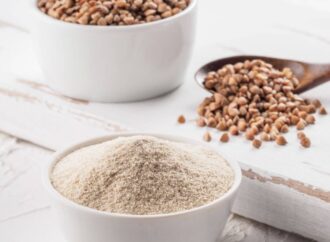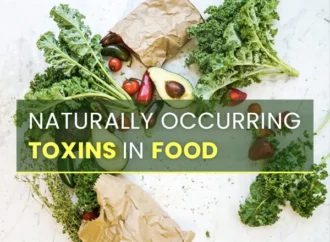 Food Manifest
Food Manifest
The house of resource for food safety.
mycotoxins
- Home
- mycotoxins

Black Spots on Onions: What They Mean and What You Should Do0
- A to Z, Food Hygiene, Food Safety, Health & Wellness
- June 12, 2025
Onions are a key ingredient in most Indian kitchens, but sometimes you may find black spots on their skin. These patches are usually caused by a fungus called Aspergillus niger, which leads to black mould. While it often grows on the dry outer layers, it can sometimes spread deeper into the onion, especially in warm,
READ MORE
The Safety and Financial Risks of Adulterated Grains0
- A to Z, Food Hygiene, Food Safety, Health & Wellness, Research
- May 26, 2025
Authors: Sunitha Poulose, Kochurani Abraham, & Linda Joise George Introduction Food sellers and suppliers often adulterate essential staples like rice, wheat, and pulses to meet rising demand and outpace competition. They mix in crushed stones, sand, or plastic beads to increase weight or volume. Some even spray water to make grains heavier. These harmful practices
READ MORE
Toxic Buckwheat: Uttarakhand Bans Loose Sales After Mass Illness0
- Food Hygiene, Food Safety, Health & Wellness, News
- April 4, 2025
Report Contaminated buckwheat flour sickened nearly 300 people in Dehradun, prompting Uttarakhand’s Food Safety and Drug Administration Department to enforce strict new rules. The department now mandates that grocers sell buckwheat flour only in sealed packets and only if they possess a valid food licence. It has completely banned loose or unauthorized sales across the
READ MORE

Rotten Strawberries Repackaged and Sold as Fresh: A Health Threat0
- Food Hygiene, Food Safety, Health & Wellness, News
- March 24, 2025
Overview A viral video on social media reveals food vendors repackaging rotten strawberries and selling them as fresh in small plastic containers. This practice is not only unethical but also presents a serious health risk. Vendors are putting public health in jeopardy by selling old, fungus-infested strawberries, and there seems to be no action taken
READ MORE
Hidden Danger in Peanut Spicy Masala: How Moisture Leads to Toxic Fungal Growth0
- Resources
- February 7, 2025
Authors: Athira D, Biya V. Jomon & Sunitha Poulose Introduction Peanut Spicy Masala, known for its distinct flavour, is vulnerable to microbial contamination due to improper roasting, handling, and storage. The thin, porous peanut shell allows moisture, air, and fungal spores to easily infiltrate, creating conditions that promote microbial growth. Moisture, particularly from high humidity
READ MORE
Reducing Health Risks from Natural Toxins in Food0
- Food Safety, General, Health & Wellness
- November 29, 2024
Food provides essential nourishment, but some naturally occurring substances, known as natural toxins, can pose significant health risks if consumed in certain quantities or under specific conditions. These toxins, produced by plants, fungi, and animals as defence mechanisms, can range from mild irritants to severe threats causing organ damage, neurological issues, or even cancer. The
READ MORE














